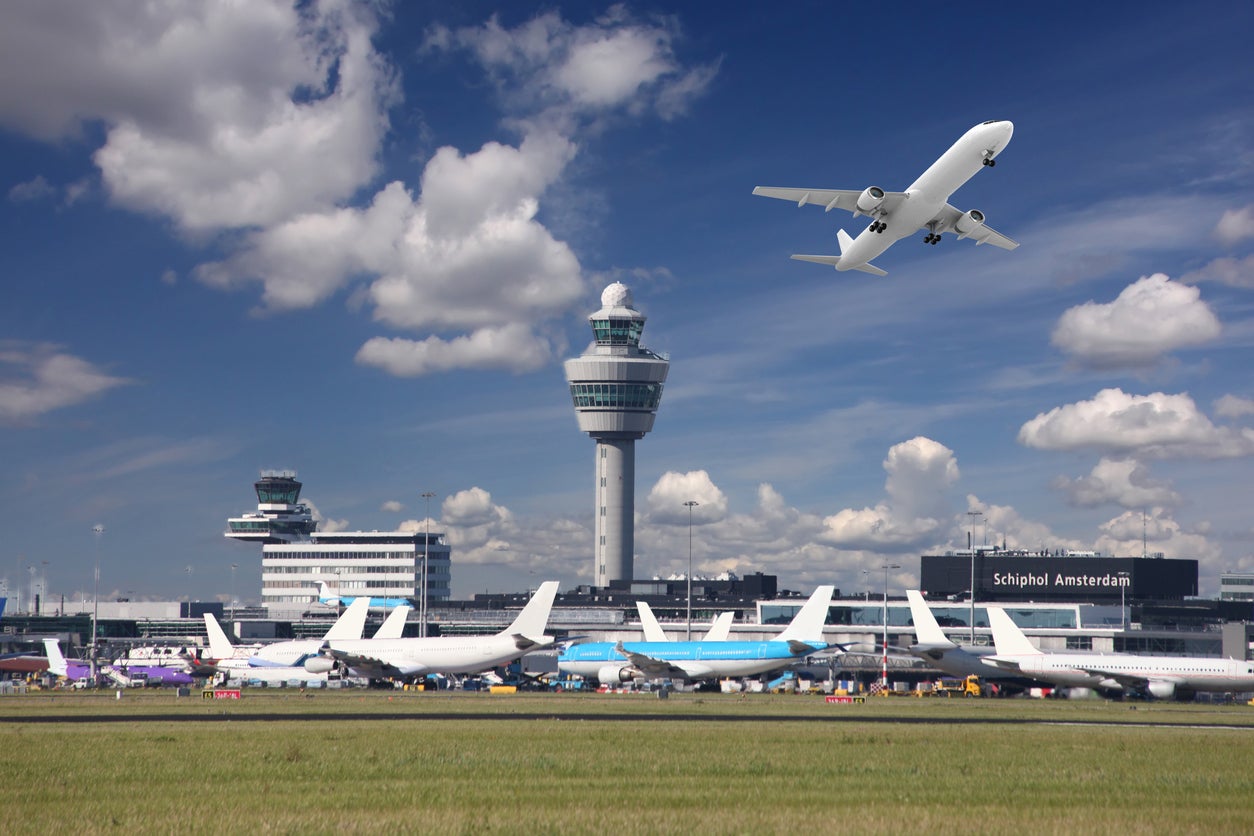Aviation in Europe won’t return to pre-pandemic levels until 2024, says Eurocontrol
‘Uncertainty remains very high, with risks skewed to the downside’ – Eurocontrol

Your support helps us to tell the story
From reproductive rights to climate change to Big Tech, The Independent is on the ground when the story is developing. Whether it's investigating the financials of Elon Musk's pro-Trump PAC or producing our latest documentary, 'The A Word', which shines a light on the American women fighting for reproductive rights, we know how important it is to parse out the facts from the messaging.
At such a critical moment in US history, we need reporters on the ground. Your donation allows us to keep sending journalists to speak to both sides of the story.
The Independent is trusted by Americans across the entire political spectrum. And unlike many other quality news outlets, we choose not to lock Americans out of our reporting and analysis with paywalls. We believe quality journalism should be available to everyone, paid for by those who can afford it.
Your support makes all the difference.Aviation in Europe will not return to pre-pandemic levels until 2024, according to new predictions from Eurocontrol.
The pan-European air-traffic control service has downgraded its previous forecast for the continent’s aviation activity in the current year. In a prediction made in October 2021, Eurocontrol said that aviation would be just short of 10 million flights in 2022 – 11 per cent down on the 2019 level of 11.2 million.
Those figures have been cut to 9.5 million flights in 2022 – corresponding to 85 per cent of pre-pandemic activity.
Eurocontrol says the drop is “largely as a result of the Omicron variant’s impact on the first quarter”.
In addition, its GDP forecast measuring economic activity has also been revised down due to Russia’s invasion of Ukraine. Eurocontrol blames “a combination of higher-for-longer inflation and lower growth, mainly via more subdued consumption.”
In 2023, 10.6 million flights are expected, a 5 per cent shortfall on 2019.
But Eurocontrol says: “There are still significant risks surrounding the forecast, not least as a result of rapidly-evolving events.”
Its risk register includes:
- Higher inflation and greater uncertainty triggered by Russia’s invasion of Ukraine. “A longer period of conflict with bigger disruptions to energy markets would translate into a bigger hit to the global economic expansion. A further deterioration of the economic situation is a downside risk.”
- 2 Volatility in oil prices: “It is uncertain how the airlines will be able to pass the fuel price spikes to travellers in a market recovering from the numerous Covid-19 lockdowns. The risk of fallout for the airline industry is a downside risk.”
- 3 Unexpected future closure of airspace. “We currently assume that the Ukrainian and Russian airspaces remain closed till the end of the horizon (2024).”
“Uncertainty remains very high, with risks skewed to the downside,” Eurocontrol concludes.
Join our commenting forum
Join thought-provoking conversations, follow other Independent readers and see their replies
Comments